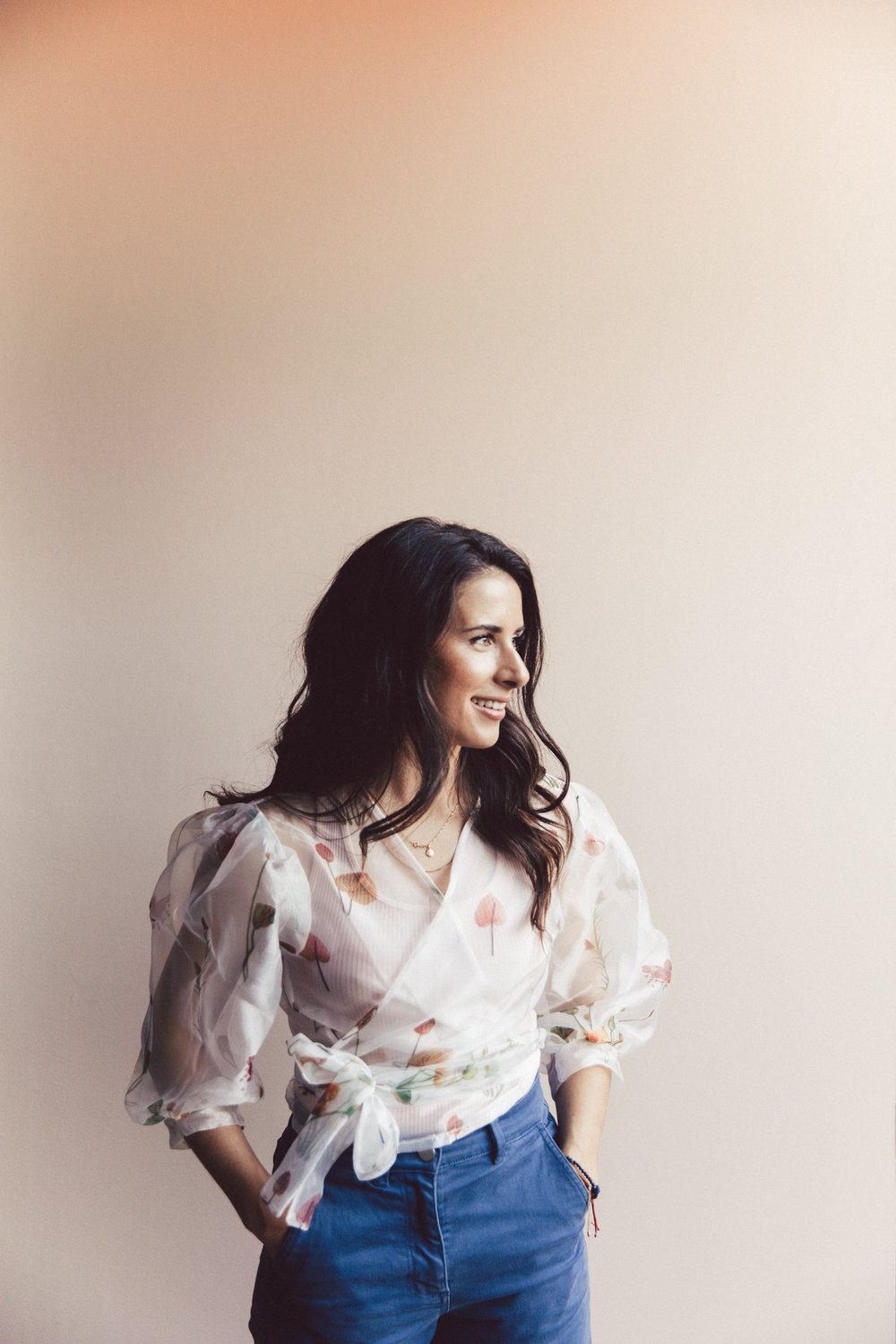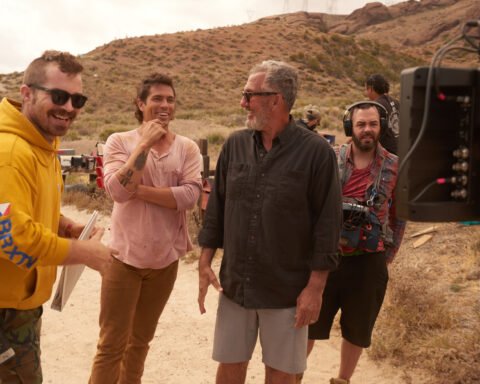Holisticism is offers an entirely new way to access health and wellness care. The company, “for those on the threshold of the ordinary world and the special world,” offers access to both information and services that blend between the pragmatic, holistic, and mystic.
Essentially, the company leads with the belief that wellness is multidimensional – and that it should be accessible.
Michelle Pellizzon, the Founder & CEO of Holisticism, had a life-changing introduction to holistic wellness. Her desire to get the word out about that experience is what ultimately led to what the company has become.
Weekly newsletters, virtual workshops, and an appointment booking platform with 20 different modalities of wellness practitioners keep over 45,000 members engaged in the growing community.
I spoke to Pellizzon about how the platform is currently being used, and the inspiration behind all that is Holisticism.
I’d love to hear about the initial inspiration for Holisticism. Did you have an ah-ha moment, was it something that seemed to be missing?
Holisticism is definitely the culmination of all my experiences over the last 13 years. I was diagnosed with epilepsy when I was 17 and put on an intensive prescription drug regimen to manage my symptoms. The drugs made me even more sick — I still have lingering brain damage from that time of my life.
Thankfully, 4 years after my diagnosis someone suggested I see a holistic practitioner. I sort of rolled my eyes (I’m a naturally skeptical person) but figured I truly had nothing to lose. After one session with that person I never had another seizure again and I’ve been off medication since.
“At the end of the day, I really believe in empowering consumers to make the best choices for them and their bodies.”
That entire experience really taught me about the inequity in the health and wellness space. I found out how difficult it was to access alternative care for people in places outside of NYC and LA, how cost-prohibitive wellness was, and generally how holistic practitioners need support growing their businesses to they can provide more accessible services across the board.
Tell me more about the move toward holistic treatment options.
I love science and data, and I also love a lot of things that somehow can’t be explained through studies in PubMed. Western medicine is incredibly important and has saved my life more than once — and I think that complementary and alternative medicine is an incredible partner to Western medicine. At the end of the day, I really believe in empowering consumers to make the best choices for them and their bodies, and I can do that by providing educational resources on holistic practices.
Services offered on Holisticism range from nutrition to reiki.
Holisticism has a big community. What has that growth process has been like?
Our community is amazing in every sense of the word. Holisticism originally started as a weekly newsletter for, like, 100 of my friends. In two years we’ve grown, thanks in large part to our community, to over 45k people. I haven’t spent any money on ads or marketing, so it’s been a pretty organic and amazing process. The feedback I hear from our community members is that Holisticism feels the accessible, inspiring, and funny friend that they love hearing from, which is really cool for me!
Holisticism is also a great resource for wellness facilitators. What happens when their applications are accepted?
If facilitators are accepted, they get access to our SaaS platform that helps them run the backend, back-office side of their businesses. I’m really committed to making it easier for wellness practitioners to run their businesses, so they can spend time doing what they love — helping people.
What were you doing before all this?
In my early twenties, I was a professional modern dancer in NYC. During my time in NY I also became a certified nutritionist and worked in wellness as a practitioner and ended up opening two studios in NYC and Orange County. I moved to LA to start working in tech in my mid-twenties because I felt that I needed ‘real’ business experience.
Thank goodness I got lucky and I landed a job as employee #8 or #9 at a tech company that ended up doing pretty well. Working in tech made me realize that so many ‘traditional’ business models could seriously benefit from strategic technology, and I started to look at the wellness space differently after that. I believed — and still do — that we can make wellness more accessible to more people using technology.
What’s next for you and the company?
Oh lordt. It’s been a wild ride that I never could have predicted up until this point! So I couldn’t really say, but I trust that if I continue to follow my intuition and stay grounded the path will become clear.
Find Holisticism on Twitter and at holisticism.com



